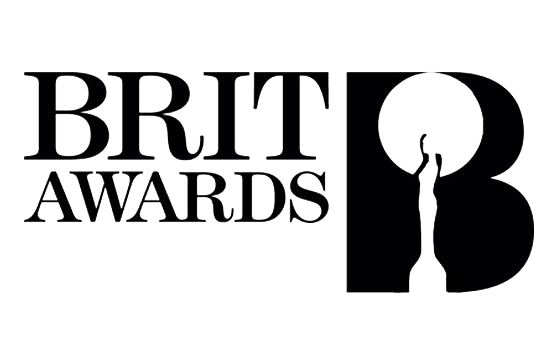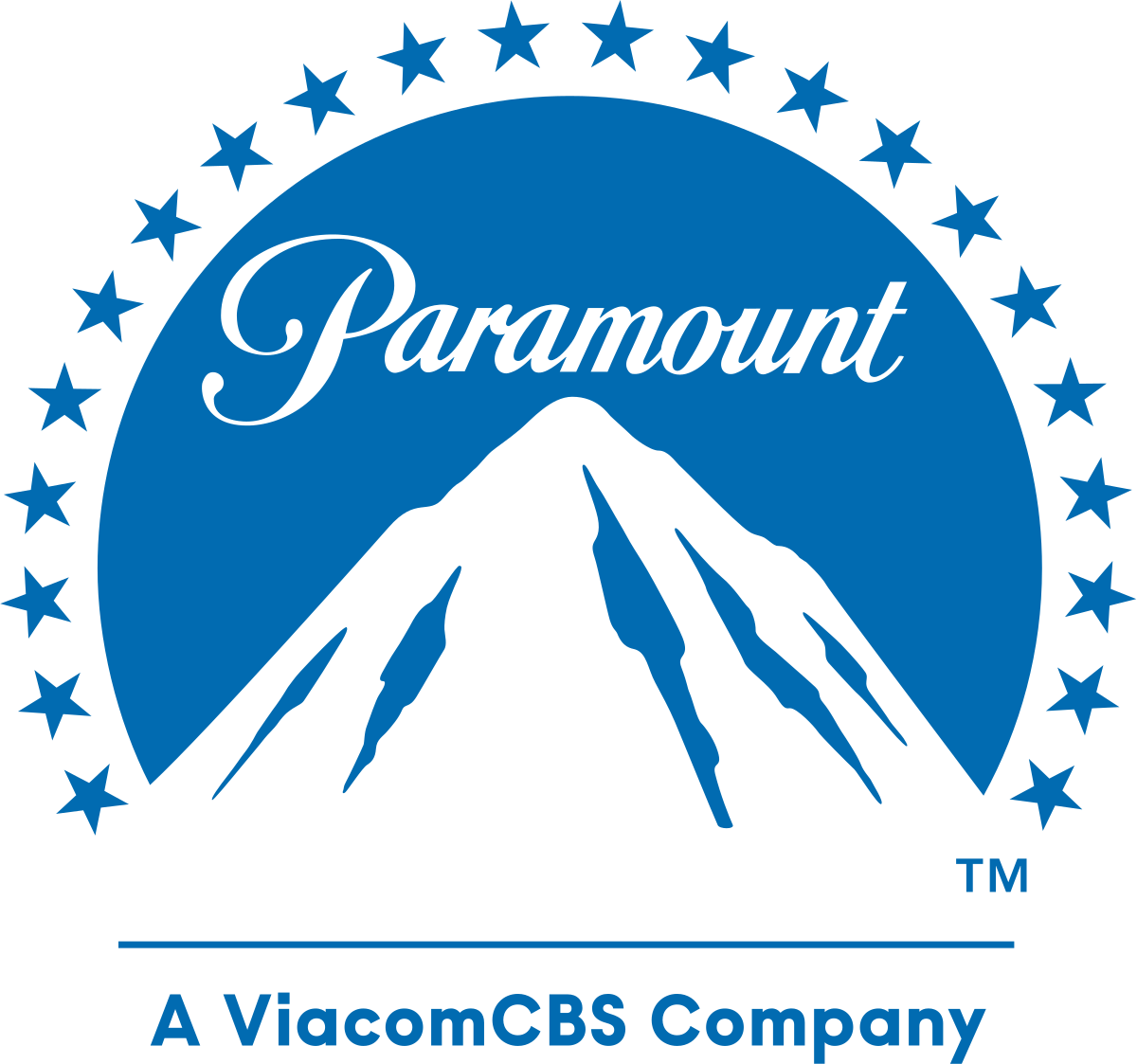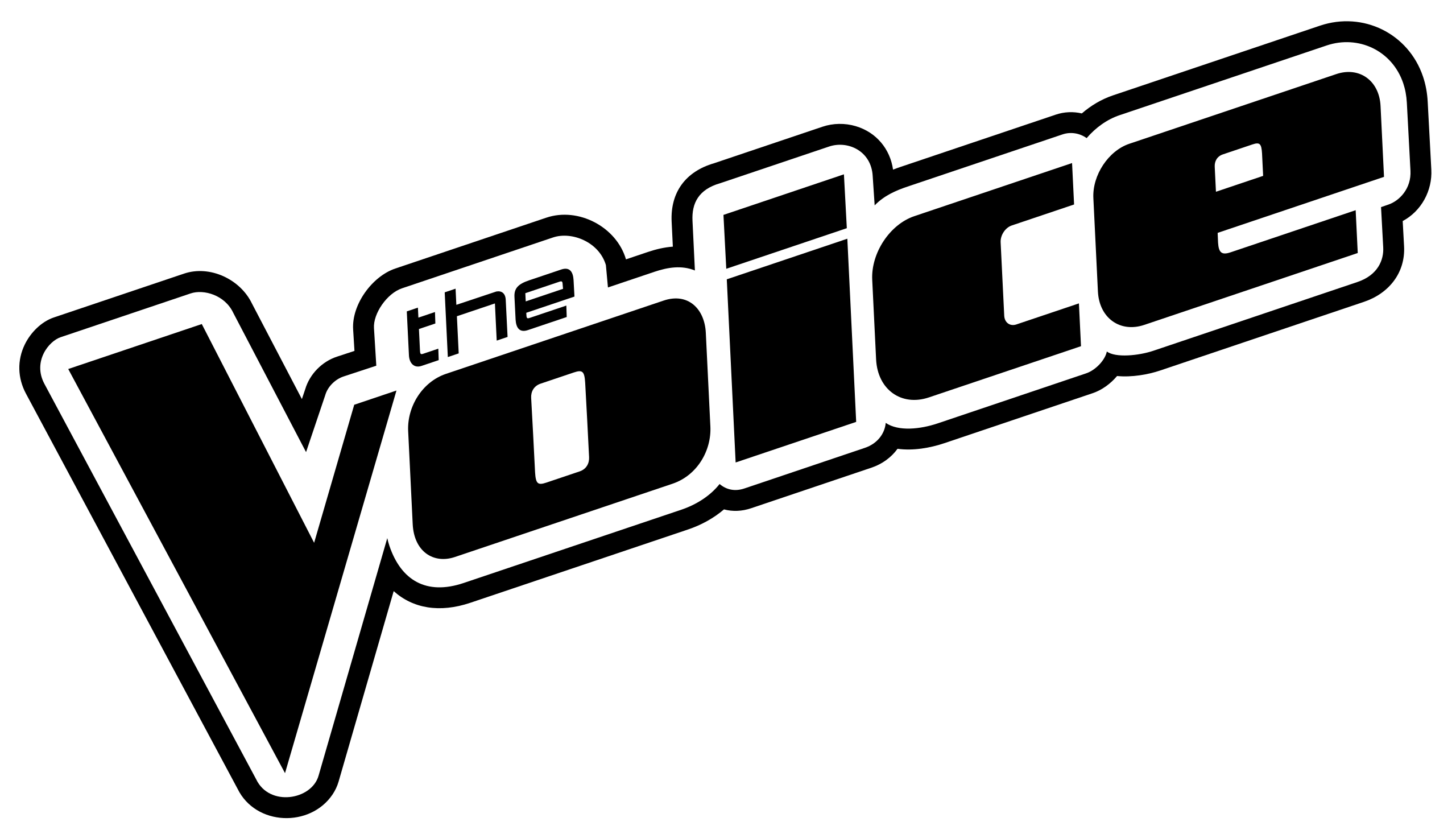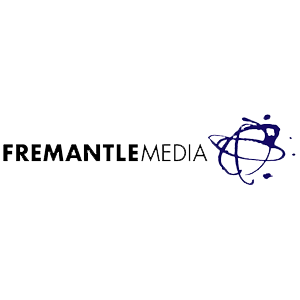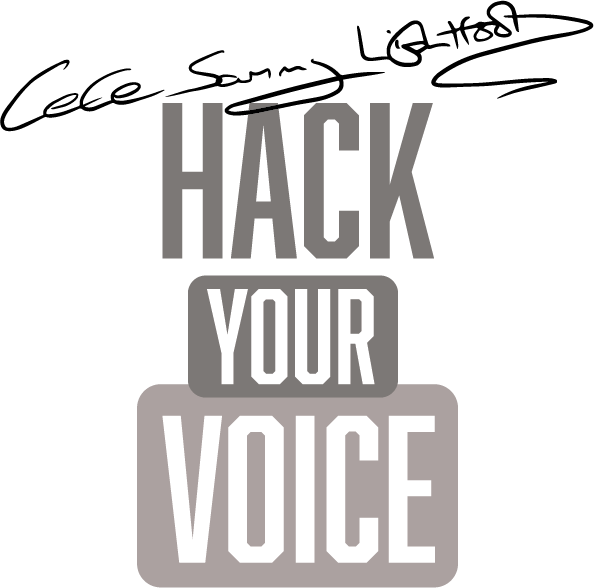
Lesson 2 is My Vocal Advice for Interviews
A big part of being a vocal coach is being a performance coach; my vocal advice for interviews addresses how an interview is one form of high-pressure performance aimed at communicating who you really are and why you are an excellent candidate. After years of teaching my vocal advice for interviews, and my advice in general in handling stressful situations, I can tell you that the speed of how someone speaks in an interview really matters.
At the core of my vocal advice for interviews, it is ultimately about ensuring that you are giving your brain time to process any questions as well as adapting your answers as you watch the visual of the interviewer.
Why do you need to do this? Why is the visual part of the process equally important as what you say? It is because in a few seconds, an opinion would be made by the people that is interviewing you – even if they don’t admit it or know it. An instant reaction – consciously or unconsciously sets the scene.
My vocal advice for interviews emphasises the importance in communicating confidence, calmness, control or whatever it is you want to convey and your visual will confirm it.
Case study featuring Alice who worked in the theatre world and is now in the corporate world
Upon moving from the musical theatre into a more corporate environment, Alice faced a new challenge of interviews which she never faced before. Alice is a smart and capable woman and was accustomed to performing in front of people and understood that the “show must go on”. She was ready for a change but changing a career without guidance would have meant that her normal nervous energy would manifest itself in a new way and that she would need to be open to try new things that she had never done in the past. This is a very common issue for interviews.
My Vocal Assessment of Alice is that she was concerned that the pitch of her voice would come across too high and that the cadence of her speech would increase and become rushed during interviews. She was worried that this might not project the level of calm confidence to which she aspires. She had a habit of being extra high when she was in the theatre world and the corporate world is a new place where she needs to feel more comfortable during interviews and the exercise that would help her is called a Descent Exercise.
WHY did I choose this exercise for her?
A “descent exercise” would help her to feel how her high voice could naturally transfer into her chest area. This “chest area” voice will help her to speak clearly and not to speak too fast or too high. It would project a greater sense of calm and control.
When I did this as you would have seen in the video, Alice was able to take time to breathe and to be clear while she pronounced her words.
My Vocal Advice for Interviews
Focusing on our posture is important for our every-day life, including interviews. Your posture affects everything from your confidence to the way your muscles in your chest may tighten. Tightness in the chest and the rib cage, caused by slouching, can affect our voice, causing us to speak with an anxious, breathy speech.
Secondly, you need to find the middle range of your voice which will help you to pronounce your words from a secure place. Every human being gets nervous from time to time, and interviews will always stir nerves up inside of us. If you can develop an awareness of your voice, it will give you a power and control that you never knew was there and you can avoid shifting your voice into a high section if you are nervous or shifting into a low, quiet, muffled sound due to uncertainty.
It is also very helpful to create an “edited” version of what you will say in an interview. I would not suggest scripting what you want to say as that can sound unnatural and prevent you expressing your personality, but it is helpful to be clear in advance about the key points you want to convey.
In your interview, you need the interviewer to remember you above the other people that have been seen.
The impression you want to leave with an interviewer is going to depend on the role you are going for. But some things remain the same whatever that role may be.
You want to show the best version of yourself – be authentic, project confidence and competence.
Top Tips
Hack 1: Focus on your posture
Pretend there is a string going from the base of your spine through the top of your head that is pulling up. Be aware of this string and how tall it is. If you start slouching, the string will become very floppy but you need to keep it tight. By imagining this, it may help you to keep your posture upright and tall which in turn will help your voice sound confident, despite the nerves.
Hack 2: Find the middle range of your voice by doing “the descent exercise”. Do this exercise sitting or standing then do it bending (see video)
Hack 3: Treat your interview as a performance by filming yourself and looking back at how you walked into the room. As you look at what you have filmed, look at your shoulders to see if you are slouching and remember to smile.
Remember to film yourself from head to toe as well as head to shoulders
Hack 4: As you film yourself, say in 1 sentence “who you are”, “what you do”, and “why you are good for this job”. Do not get distracted. Those are your key points.
Hack 5: Edit and keep notes of the key points you want to express. This will be your security. But do not write a script. Be you!
Testimonials

“She knows how to make the most of someone’s talent” – BBC

“The voice & performance coach to the stars”

“A new breed of vocal coach”

“CeCe’s exercises are wonderful for me because they capture what’s best in my voice and allow me to reach new vocal areas I was always afraid to play with.”

Actor and director Idris Elba worked with CeCe Sammy Lightfoot, calling her a “music impresario” and acclaimed her as a “singing and movement advisor”.

